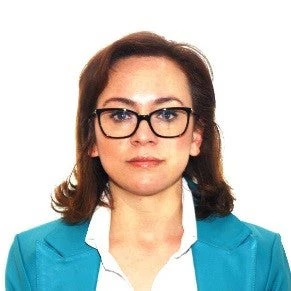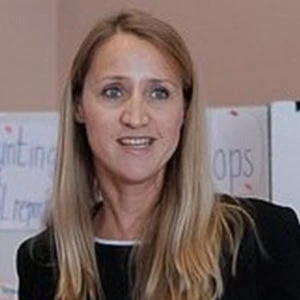 Earth planet 2017
Earth planet 2017
Caribbean countries are bracing for the peak of the hurricane season in an era where climate change has made weather events more extreme. Historically, the region has had an average of four tropical storms annually, three becoming hurricanes and two major hurricanes. Due to their size and location, Caribbean countries are particularly susceptible to the impacts of climate change. In addition, strong evidence from around the world shows that when disasters strike, women are less likely to survive and more likely to be injured.
Unfortunately, Caribbean women are not an exception. The World Bank report, Gender-Responsive Disaster Preparedness and Recovery in the Caribbean found that women face inequalities in all aspects of their lives.
In countries like Antigua and Barbuda, Belize, Dominica, Grenada, Guyana, Jamaica, Saint Lucia, Saint Vincent and the Grenadines, and Suriname the inequities include human capital endowments, economic opportunities, and voice and agency. Moreover, the report reveals that these Caribbean countries share gender issues such as the prevalence of masculinity norms, gender stereotypes and biases, and persistent gender-based violence.
Yet, women in the Caribbean countries are a vital working force because they are adopters of new agricultural and energy technologies, educators of the young, and entrepreneurs. Just like in every crisis around the world, Caribbean women are the ones who caretake for the vulnerable and disabled at the household and community levels, allowing societies to recover.
Global data demonstrates that disasters do not affect all people equally. Thus, the Caribbean States had attempted to introduce emergency gender-responsive procurement by giving preference to women-own (WOB) and women-led business (WLB) in disaster response and recovery. However, the recently published note by the Procurement Unit for Latin America and the Caribbean (PROLAC), “Towards Gender Responsive Procurement,” found that despite these efforts, this approach only benefits less than one percent of the female population.
For that reason, PROLAC, in coordination with the Global Facility for Disaster Reduction and Recovery (GFDRR) and the Canada-Caribbean Resilience Facility (CRF), is supporting capacity development that incorporates gender and disaster response through the implementation of reforms in public financial management (PFM) and public procurement.
Last June, we celebrated our first webinar in which, with 50 government representatives from the Caribbean, procurement experts, and other relevant stakeholders, we openly discussed how to use public procurement to empower women.
The truth is that even with their similarities, there’s not a one-size-fits-all formula to incorporate gender aspects in procurement in Caribbean countries. To effectively operationalize gender aspects, it is critical to understand different stages of the procurement process, both at the policy and country levels. Moreover, it is crucial to understand the specific economic, social, and structural barriers perpetuating gender inequalities.
The government officials at the webinar said they were keen to learn more about using procurement to close gender gaps. Therefore, the CRF and PROLAC will continue working closely with the governments in the Caribbean. We expect to develop new ways of supporting the operationalization of gender-responsive procurement practices. One of the main goals is to nurture overarching gender objectives during emergency procurement in Caribbean countries.
We will develop an advocacy campaign to create awareness of how and why it is worth incorporating gender elements. For that purpose, we will use state-of-the-art communications and knowledge-sharing products to build capacity for its implementation and to nurture the dialogue among procurement practitioners of the countries in the region.
As the Caribbean confronts another hurricane season, these tools allow the region an opportunity to build back better, empowering women through gender-responsive procurement not only because it is correct but also because it is essential to reversing a disaster’s negative impact on development.



Join the Conversation